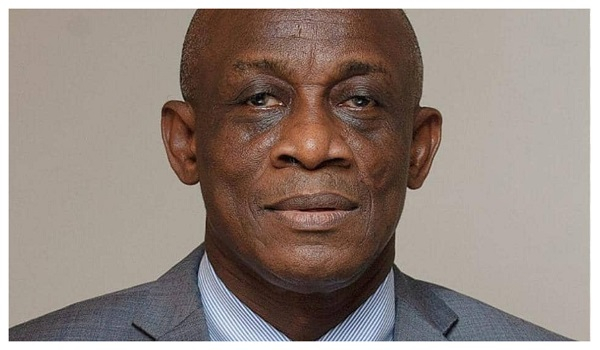Cameroon Education Cluster: Northwest & Southwest Updates - Operational Presence & Reach (April 2025) - Cameroon | ReliefWeb
In April 2025, 25 Education Cluster partners implemented in 12 out of 13 Divisions and reached a total of 32,612 persons. Among them, 16,656 (51%) people benefited from cluster activities for the first time, with
15,956 (49%) repeated from previous months. Of the total reached, 32,505 (99%) were children and 107 (0.33%) were adults. 768 (2.35%) new persons living with disabilities were reached. April 2025 witnessed a 30% increase in persons reached compared to March 2025. The top three Divisions with the most reach were
The 25 partners that reported activities were supported by 12 donors (EU, ECHO, UNICEF, UNESCO, UNDP, Education Cannot Wait, SIDA, A2EMPOWERMENT, Building Schools for Africa, Global GLOW MANOS UNIDAS, and Masterpeace & Turning Foundation), implemented activities in 12 Divisions and covered 43 subdivisions. A total of 32,612 beneficiaries were reached, made up of 17,169 (53%) females and 15,443 (47%) males. This also comprised 16,656 new persons reached (34% of those reached were host community members, 45% were internally displaced persons (IDPS), and 21% were returnees). 9,035 (54%) of the new beneficiaries were girls, and 7,621 (46%) were boys. Some of the major activities implemented by the partners were: radio education programme and alternative education platforms, which reached 32,505 children with 17,147 (53%) girls, and 15,358 (46.67%) boys. Through the radio education programmes, 107 (0.33%) facilitators and teachers were reached with capacity building. 1,754 vulnerable children (727 boys and 1,027 girls) received grants to support access to education. 862 children received learning materials (378 boys and 484 girls).
Psychosocial support to children and facilitators in schools and temporary learning spaces (TLS) reached 580 persons (140 boys, 242 girls and 198 adults). A total of 5 attacks on education were reported in March from the North West (Balikumbat, Bamenda II, Fundong, Fungom and Kumbo), and all were related to the abduction of teachers and facilitators.
In April, Plan International provided scholarships to 48 (14 females and 34 males) children living with disabilities in Bamenda II. Plan supported school council projects ongoing for 11 schools in Bamenda II, NW and 42 in the South West (in Buea, Kumba, Tiko and Limbe). The organization further equipped 06 TLS constructed with some basic learning and WASH materials such as chalk, chats, buckets, toiletries, etc. and trained 12 community-based facilitators for the TLS. Through the implementation of the ECHO II project, GPA reached 5850 children in 8 subdivisions in the northwest region(Nkambe, Ako, Ndu, Balikumbat, Tubah, Santa, Oku and Babessi), trained 60 teachers on lesson development, and continued the construction of Temporary Learning Spaces (TLS). SHUMAS and BSFA used the Teaching at the Right Level (TaRL) methodology to improve access to inclusive quality education for 260 out-of-school children in seven neighbourhood learning corners in Babessi Subdivision.
: YADEF implemented an e-learning program in Bangem and provided textbooks to 5 students in secondary schools, and provided e learning materials for those who lack textbooks. QFF launched a school awareness raising campaign in Wabane Subdivision of Lebialem for teenage girls, in a program tagged as “Operation 1000 Girls”. During their implementation in hard-to-reach communities, their findings revealed that early marriages and early pregnancies affect many teenage girls, exposing them to more risk and depriving them of education. FIED continued with the implementation of the Radio Education Program in different parts of the South West with the construction of new TLS. HADY, a TPM for UNICEF, monitored activities in TLS in 6 Divisions and 11 Subdivisions, monitoring Radio education, protection and Wash activities.
In April 9 partners (2 in the NW and 7 in the SW) started the implementation of a UNESCO-funded project on alternative education, providing e-learning to temporary learning spaces in the NWSW. The implementing partners include FIED, NADEV, TeenAlive, GPA, COHESODEC, Caritas Kumba, PAID-WA, AMEF and the Islamic Education Secretariat.











